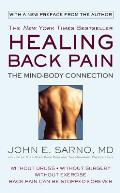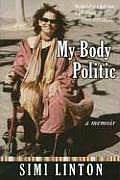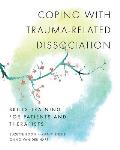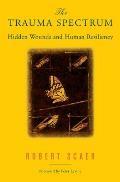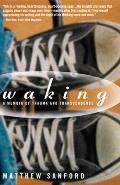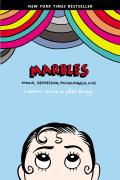Subtitle: The Mind-Body Connection
Recommended to me by: Amy Bennett
What Dr. Sarno tells his TMS patients:
- Resume physical activity. It won’t hurt you.
- Talk to your brain: tell it you won’t take it anymore.
- Stop all physical treatments for your back—they may be blocking your recovery.
DON’T
- Repress your anger or emotions—they can give you a pain in the back.
- Think of yourself as being injured. Psychological conditioning contributes to ongoing back pain.
- Be intimidated by back pain. You have the power to overcome it.
Dr. Sarno defines Tension Myositis Syndrome (TMS) as chronic pain in muscles and tendons of the back, neck, buttocks, and limbs. He asserts that most back pain is not caused by muscle strain or ruptured disks or past car accidents, but rather by the brain depriving an area of sufficient oxygen for the purpose of distraction from anger or other unpalatable emotions.
The book describes his theory and includes many case histories of people who fully recovered from debilitating pain once they understood that it was caused by repressing emotions. In Dr. Sarno’s experience, most people improve simply by achieving that understanding.
Unfortunately, the book doesn’t contain any suggestions for other ways to deal with emotions, although it does strongly imply that acknowledging them and setting clear boundaries can be helpful.
I think the mechanism is slightly different, tension and pain as a result of suppressing emotions rather than as a subconscious distraction. I still highly recommend this book for a refreshing perspective on chronic pain.

